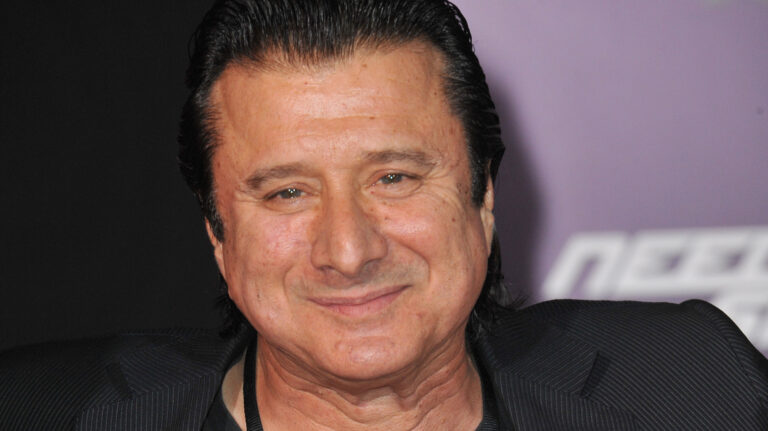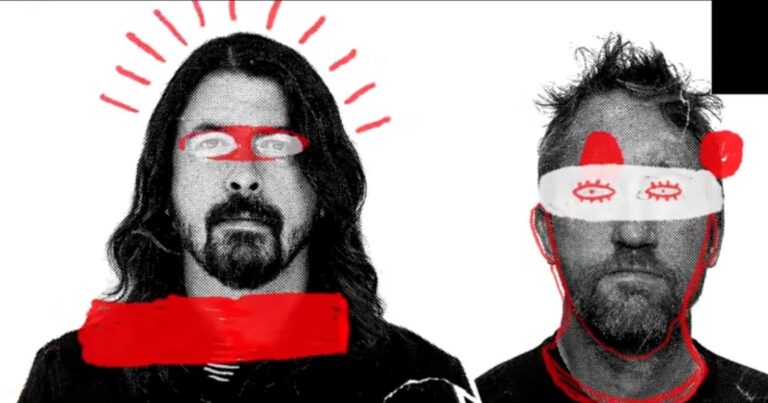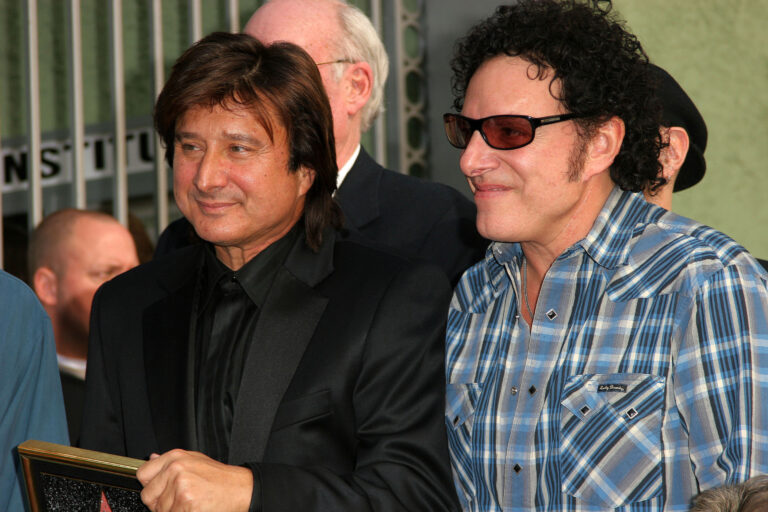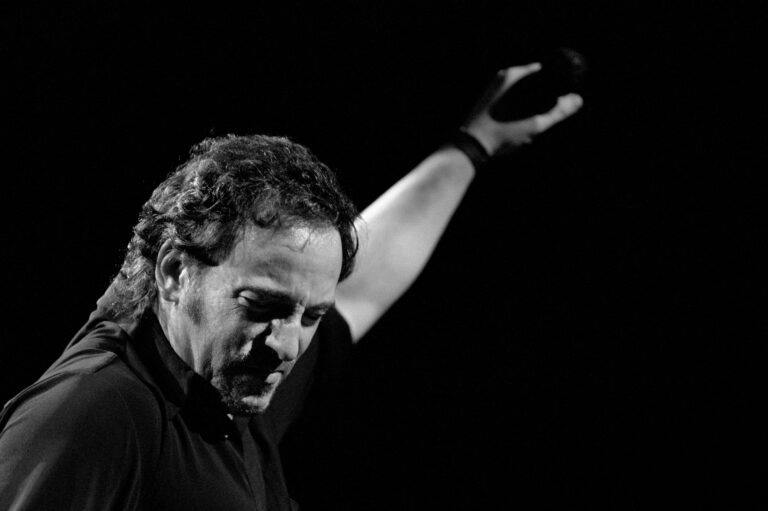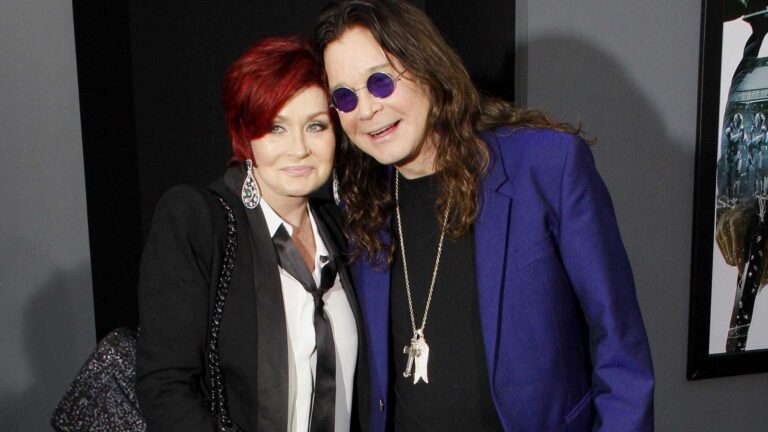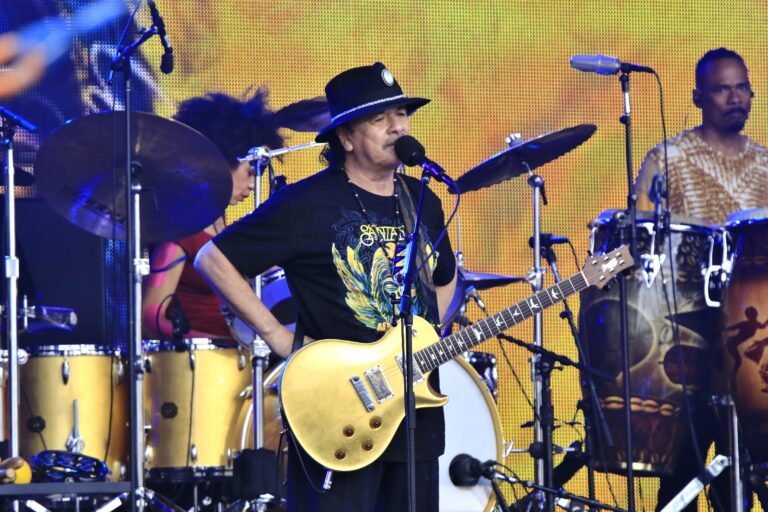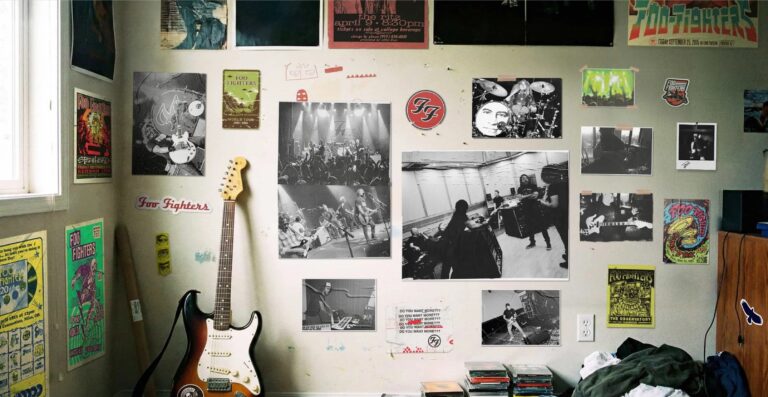
Ozzy Osbourne Passes | The Prince of Darkness: A Tribute
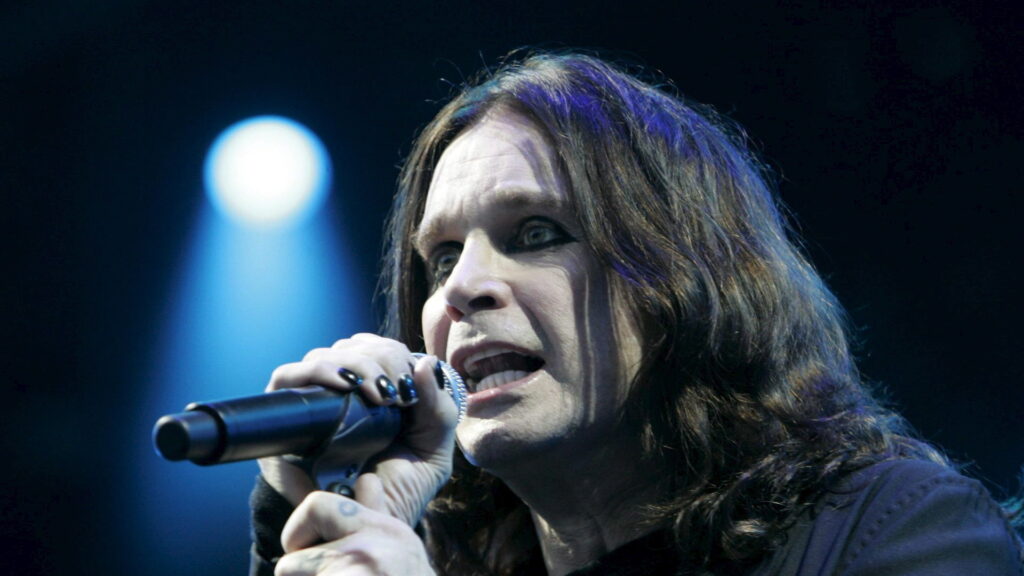
In the pantheon of rock legends, few figures loom as large or cast as long a shadow as John Michael “Ozzy” Osbourne. For over five decades, the Birmingham-born vocalist has been more than just a musician—he's been a force of nature, a cultural phenomenon, and the embodiment of rock and roll's rebellious spirit.
The Birth of Heavy Metal
When four working-class lads from Birmingham's industrial heartland formed Black Sabbath in 1968, they couldn't have imagined they were creating a new musical genre. Yet with Tony Iommi's crushing riffs, Geezer Butler's thunderous bass, Bill Ward's pounding drums, and Ozzy's haunting wail, they forged heavy metal from the furnaces of their hometown. Songs like “Iron Man,” “Paranoid,” and “War Pigs” didn't just define a sound—they gave voice to a generation's anxiety about war, technology, and societal decay.
Ozzy's vocals on those early Sabbath albums were unlike anything that had come before. Where other rock singers strutted and preened, Ozzy channeled something darker and more primal. His voice could shift from a mournful cry to a banshee shriek, perfectly complementing the band's doom-laden sound. He wasn't just singing about darkness; he was darkness personified.
The Solo Journey
When Ozzy left Black Sabbath in 1979, many wrote him off. The music press declared him finished, a relic of the '70s. How wrong they were. Teaming up with guitar virtuoso Randy Rhoads, Ozzy embarked on a solo career that would eclipse even his Sabbath success. “Blizzard of Ozz” and “Diary of a Madman” showcased a renewed creative vigor, blending classical influences with metal fury. The tragic loss of Rhoads in 1982 could have derailed everything, but Ozzy persevered, honoring his friend's memory by continuing to push boundaries.
Throughout the '80s and '90s, Ozzy remained at the forefront of metal, collaborating with guitar legends like Jake E. Lee and Zakk Wylde. Albums like “Bark at the Moon,” “No More Tears,” and “Ozzmosis” proved that the Prince of Darkness wasn't content to rest on his laurels. He evolved with the times while staying true to his roots, influencing countless bands along the way.
Beyond the Music
Ozzy's impact extends far beyond his musical contributions. He became a counterculture icon, the patron saint of outsiders and misfits. His struggles with addiction and mental health, fought largely in the public eye, made him deeply human and relatable despite his larger-than-life persona. When he bit the head off a bat in 1982 (thinking it was rubber), he cemented his place in rock folklore. When he pissed on the Alamo, he showed that no institution was too sacred to challenge.
The 2000s brought an unexpected chapter with “The Osbournes,” the MTV reality show that introduced Ozzy to a new generation. Suddenly, the Prince of Darkness was America's favorite bumbling dad, shuffling around in his tracksuit and mumbling endearingly at his family. It was a remarkable transformation that somehow didn't diminish his metal credibility—if anything, it enhanced it by showing the man behind the myth.
The Legacy Lives On
Today, as Ozzy faces health challenges with the same defiant spirit he's shown throughout his career, his influence on music remains immeasurable. Every metal band that's ever plugged in owes something to him. From Metallica to Slipknot, from doom metal to death metal, all roads lead back to that working-class kid from Birmingham who dared to sing about the darkness.
But perhaps Ozzy's greatest achievement isn't the platinum albums or sold-out stadiums—it's the permission he gave generations of kids to be different, to embrace their weirdness, to find beauty in darkness. In a world that often demands conformity, Ozzy showed us that it's okay to be a freak, a misfit, a crazy train passenger heading who knows where.
As we celebrate this icon, this survivor, this absolute madman of rock and roll, one thing becomes clear: there will never be another Ozzy Osbourne. In an industry full of manufactured rebels and calculated controversy, Ozzy remains the genuine article—flawed, human, and absolutely irreplaceable.
Long may the Prince of Darkness reign. After all, as the man himself once sang, “I'll see you on the other side.”
All aboard the crazy train, one more time.
Key Takeaways
-
www.thesun.co.uk | Ozzy Osbourne Passes of Parkinsons
-
news.sky.com | Ozzy Osbourne Passes Weeks After Farewell Show
-
nypost.com | Ozzy Osbourne Dead - Black Sabbath Frontman Dies at 76
Related Stories
Steve Perry Considers a Possible Journey Reunion in 2026
Steve Perry remains one of the most iconic voices in rock history and his legacy is inseparable from Journey’s most…









